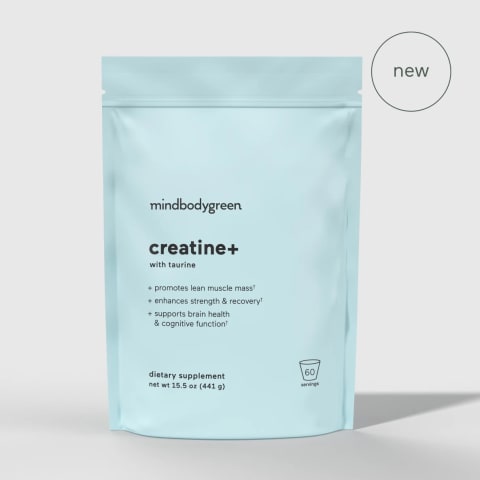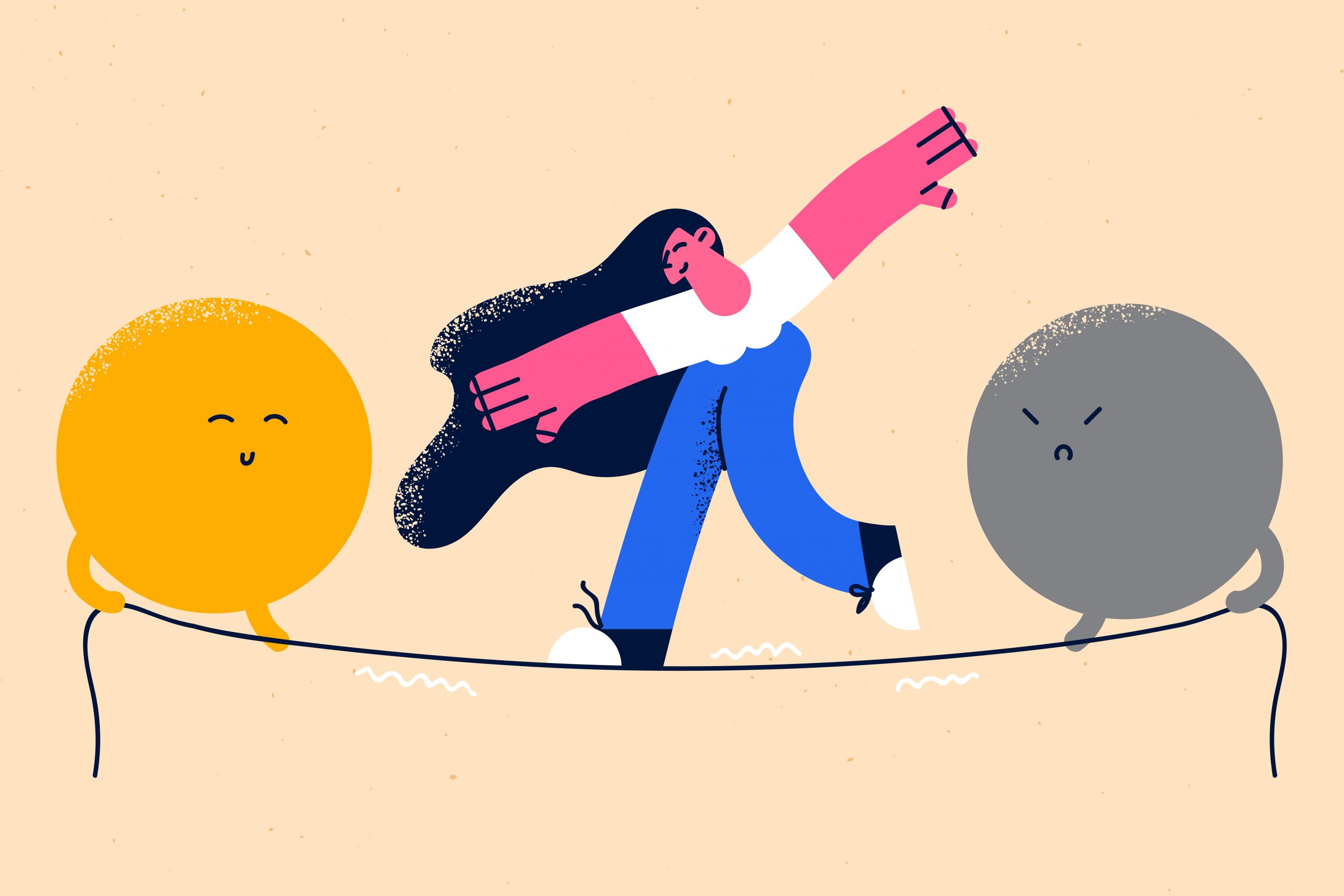Can Creatine Protect The Brain From An Unforeseen Injury? What The Research Says
It's so much more than a muscle-building supplement.

Advertisement
This ad is displayed using third party content and we do not control its accessibility features.
Advertisement
This ad is displayed using third party content and we do not control its accessibility features.

Registered Dietitian Nutritionist
Registered Dietitian Nutritionist
Molly Knudsen, M.S., RDN is a Registered Dietician Nutritionist with a bachelor’s degree in nutrition from Texas Christian University and a master’s in nutrition interventions, communication, and behavior change from Tufts University. She lives in Newport Beach, California, and enjoys connecting people to the food they eat and how it influences health and wellbeing.
July 16, 2024 While creatine is a beloved (and effective) muscle-building supplement, about 5% of your body’s stores of this compound are in the brain. Researchers are increasingly interested in how supplementing with this compound not only supports cognitive longevity but may also help people recover and manage symptoms from traumatic brain injuries (TBIs). While the research is still emerging, here’s what we know so far about creatine and brain injuries (and why your daily creatine supplement is also protecting your brain). 
The overlap in creatine and TBI biology
There are a lot of similarities in how a TBI affects the brain1 and in how creatine works in the cells that could make this compound particularly effective as part of a treatment (and even a prevention) plan.
These comparisons are drawn from what is known about TBI physiology and creatine’s mechanism of action individually.
How might creatine help brain injury recovery?
Now, we’ll come right out and say that human studies on creatine supplementation3 and TBIs (including mild TBIs like concussions) are limited. Most clinical studies are still done with animals—which still provides valuable information like:
Of course, we never know how animal studies will translate into humans. There’s currently a study underway that is investigating how a daily 5-gram dose of creatine monohydrate affects symptoms of mild traumatic brain injury after seven weeks6, and it’ll be the first of its kind.
Researchers hypothesize that creatine supplementation will help reduce the number and severity of post-concussion symptoms (like headaches, dizziness, fatigue, memory problems, difficulty concentrating, mood changes, and depression).
They are optimistic about these results because there is clinical human data that creatine can support these outcomes in other populations. This is what the cognitive research on creatine currently shows.
The takeaway
While research on creatine and TBIs is very much in the early stages, creatine for general cognitive support is not. And it’s frankly an underrated way to support mental energy, memory, and mood.
Watch Next
Enjoy some of our favorite clips from classes
Watch Next
Enjoy some of our favorite clips from classes
What Is Meditation?
Mindfulness/Spirituality | Light Watkins
Box Breathing
Mindfulness/Spirituality | Gwen Dittmar
What Breathwork Can Address
Mindfulness/Spirituality | Gwen Dittmar
The 8 Limbs of Yoga - What is Asana?
Yoga | Caley Alyssa
Two Standing Postures to Open Up Tight Hips
Yoga | Caley Alyssa
How Plants Can Optimize Athletic Performance
Nutrition | Rich Roll
What to Eat Before a Workout
Nutrition | Rich Roll
How Ayurveda Helps Us Navigate Modern Life
Nutrition | Sahara Rose
Messages About Love & Relationships
Love & Relationships | Esther Perel
Love Languages
Love & Relationships | Esther Perel
What Breathwork Can Address
The 8 Limbs of Yoga - What is Asana?
Two Standing Postures to Open Up Tight Hips
How Plants Can Optimize Athletic Performance
What to Eat Before a Workout
How Ayurveda Helps Us Navigate Modern Life
Messages About Love & Relationships
Advertisement
This ad is displayed using third party content and we do not control its accessibility features.
Advertisement
This ad is displayed using third party content and we do not control its accessibility features.
Advertisement
This ad is displayed using third party content and we do not control its accessibility features.

 UsenB
UsenB 


































